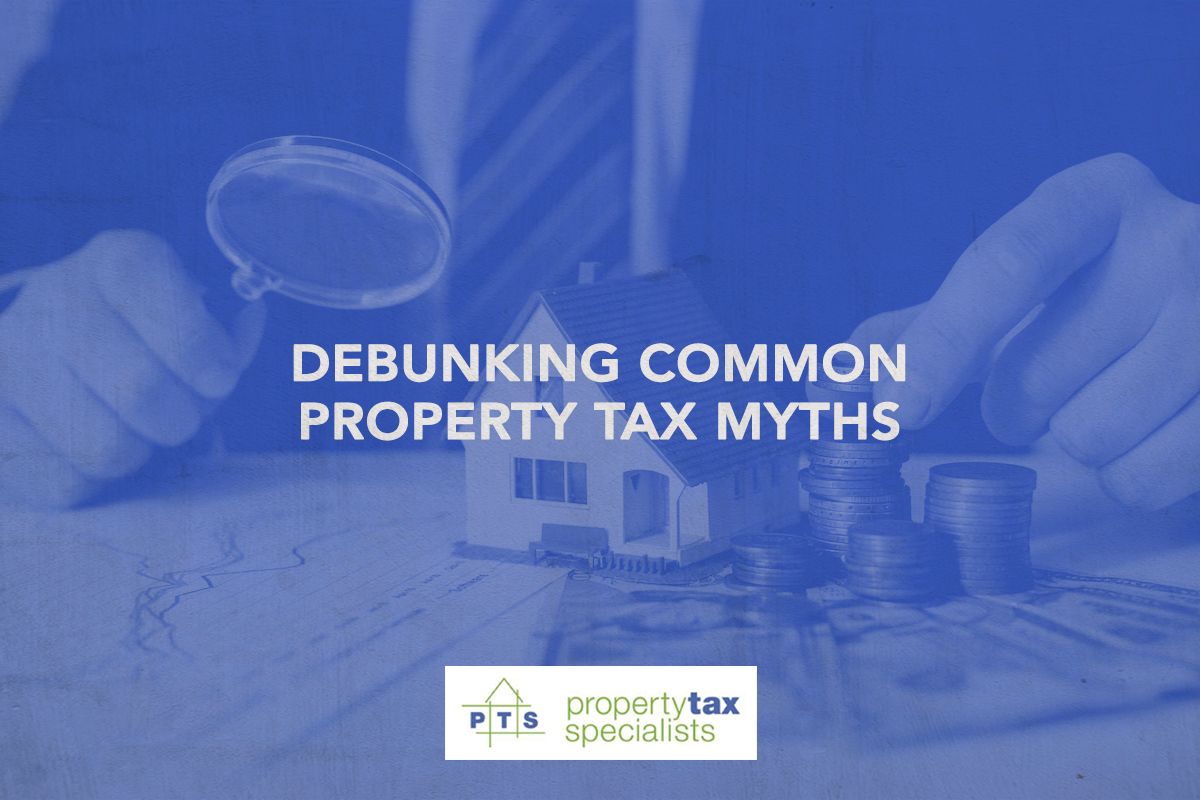Debunking 5 Property Tax Myths
Amid the allure of property investment in Australia, property tax myths often cloud the understanding of many, especially given the perceived security of bricks and mortar. The aim of this article is to debunk these common misconceptions and provide clarity on how property investment taxes work.
Myth 1: All Travel Expenses Related to the Rental Property are Tax-Deductible
A common misconception in property investment is the belief that all travel expenses linked to visiting a rental property, especially one located in another state, are tax-deductible. This includes flight tickets, hotel stays, and other related expenses.
However, contrary to popular belief, all travel expenses related to residential rental properties are now not tax-deductible due to a change in legislation.
You may still be able to claim for commercial property. The number of travel expenses you can claim largely depends on the duration and purpose of your visit to the rental property. For example, if you owned a property in Melbourne and took a flight there, staying for a week but only dedicating an hour to inspect the property, you’d find that none of your travel expenses would qualify for a tax deduction.
But if your week was packed with activities like overseeing repairs, personally fixing some issues, meeting with the property agent, and mostly focusing on property-related tasks, then the entirety of your travel expenses would likely be tax-deductible.
Myth 2: All Interest on Loans for Investment Properties are Tax-Deductible
Another common misconception is that the interest on all loans for investment properties is tax-deductible. The reality is that the purpose for which you borrow the funds determines the tax-deductibility of interest, not the property you use as security for the loan.
To illustrate, if you decide to buy a new home on the local real estate market and keep your old home as a rental property, the interest on the new loan taken out using the equity of the old property is not tax-deductible. The reason for this is that the purpose of the loan is to purchase a new home, not an investment property.
Myth 3: Property Owners Can Only Depreciate New Properties
Another myth that needs busting is the idea that only new properties depreciate. In fact, older properties also depreciate, and there are two types of depreciation an investor may be eligible to claim: plant and equipment assets (for removable fixtures and fittings) and capital works deductions (for the building structure).
Investors can claim capital works deductions on properties where construction commenced after September 15, 1987. They may also be eligible to claim capital works deductions on any structural renovations that have occurred.
Division 40 depreciation rules announced in 2017 mean some investors may not be eligible to claim plant and equipment found within their established property. However, these rules don’t affect those investors who exchanged contracts prior to 7:30 p.m. on May 9, 2017, owners of new residential properties, or commercial property owners.
Myth 4: Safety After an ATO Audit
A prevalent misconception among taxpayers is that once they’ve undergone an audit by the Australian Taxation Office (ATO), they’re in the clear for subsequent years. This belief is rooted in the idea that, having been scrutinised once, the ATO would not find it necessary to revisit the same tax concern in the near future.
However, this is far from the truth.
The ATO operates on a system that is designed to ensure compliance and accuracy in tax reporting. While certain triggers might prompt an audit, such as discrepancies in your total taxable assessed value or excessive deductions, being audited once does not grant any form of immunity in the following years.
In fact, if the ATO identifies areas of concern during an audit, it might increase the likelihood of a follow-up in subsequent years to ensure ongoing compliance. Additionally, the ATO continually updates its data matching and analysis techniques, which means that even if you were audited one year and no issues were found, a different set of criteria or new information could flag your records for review in the future.
So, you need to maintain accurate and comprehensive records every year, irrespective of any past interactions with the ATO. Relying on the myth of “safety after an audit” can lead to complacency, which might result in unintended discrepancies or omissions in future tax filings.
Myth 5: All Repair Costs are Tax-Deductible
The distinction between repairs and improvements is imperative in property investment. While repair costs for a rental property are tax-deductible, improvement costs are not. Repairs restore the property to its original condition, whereas improvements enhance the property’s value or function.
For example, if you purchase a property and then undertake renovations to make it rent-ready, those costs are not deductible but would be added to the property’s cost base. However, if you later replaced a broken glass panel in a window, that expense would be deductible in the financial year the repair was paid.
Key Takeaways
Property investment is a promising avenue for those looking to diversify their portfolios. However, understanding the tax burden and property tax rates is crucial. You must approach it with a clear understanding and not let prevalent myths sway you.
Investing in real estate effectively starts with being informed and seeking expert advice when necessary so investors can make decisions that align with their financial goals and market realities.
If you would like to find out more about how to ensure your investments are as tax-efficient as they can be, contact Property Tax Specialists today.
FAQs on Property Tax Myths
Why Are There So Many Myths Surrounding Property Taxes?
Property taxes can be complex, and misunderstandings can arise from oversimplified advice, hearsay, or outdated information.
How Can I Ensure That I’m Not Falling for These Myths?
Always consult with a tax professional or financial advisor, and stay updated with the latest guidelines from the Australian Taxation Office (ATO).
How Is the Market Value of a Property Determined for Tax Purposes?
The market value of a property is typically determined by a professional appraisal, which considers factors like location, size, condition, and recent sales of comparable properties.
Why Might My Property Taxes Differ from a Neighbour’s, Even If Our Properties Seem Similar?
Property taxes can vary due to differences in property assessments, which might be based on the market value of the property, any exemptions or deductions a property owner qualifies for, or variations in local tax levy amounts.
If I’ve Been Audited Once, Does That Mean the ATO Found Something Wrong?
Not necessarily. Audits can be random or triggered by specific factors. Being audited doesn’t always indicate a problem.
Can I Claim Tax Deductions on a Property That Isn’t Rented Out?
Generally, you can only claim deductions on properties that generate income.
Are There Penalties for Unintentionally Following These Myths?
Yes, the ATO can impose penalties for incorrect tax filings, even if they were unintentional. It’s essential to ensure your tax claims are accurate and compliant with current
Disclaimer
Please note that every effort has been made to ensure that the information provided in this guide is accurate. You should note, however, that the information is intended as a guide only, providing an overview of general information available to property buyers and investors. This guide is not intended to be an exhaustive source of information and should not be seen to constitute legal, tax or investment advice. You should, where necessary, seek your own advice for any legal, tax or investment issues raised in your affairs.



